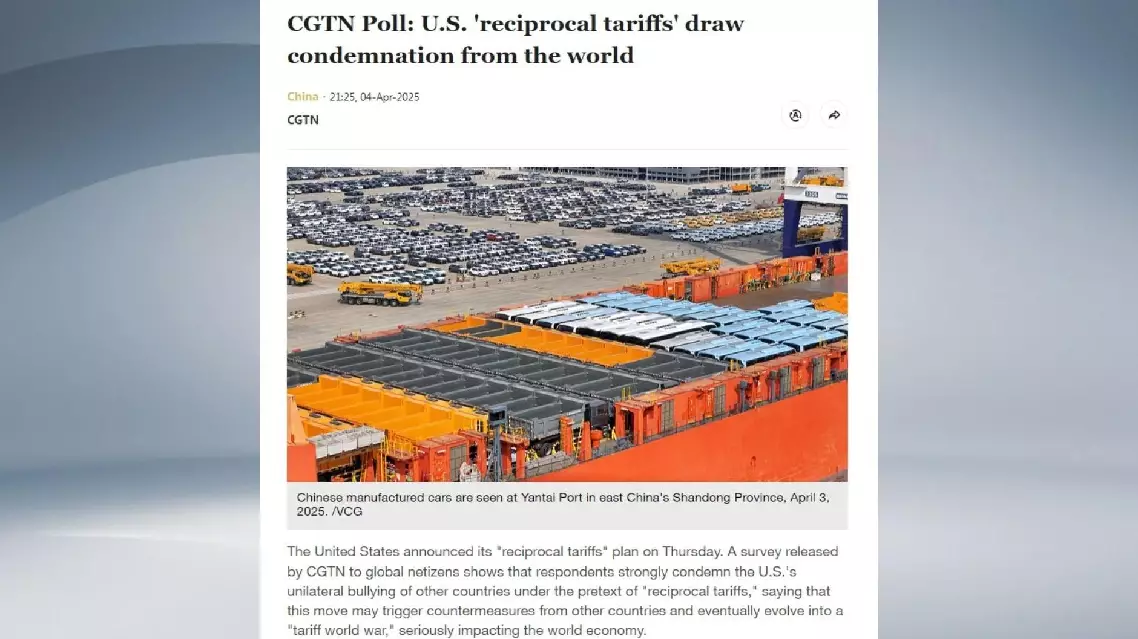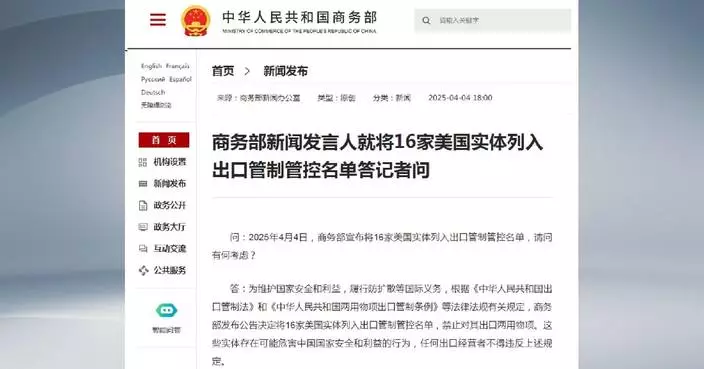Chinese naval hospital ship "Silk Road Ark" returned to a naval port in Sanya, south China's Hainan Province on Wednesday after wrapping up a medical mission on the Xisha and Nansha islands, as well as the islands and reefs off the south China coast.
Departing from Zhanjiang City in south China's Guangdong Province on July 10, the hospital ship sailed more than 3,600 nautical miles over the past 29 days, providing diagnosis and treatment for over 3,500 military personnel and residents on the islands and reefs.
"It is very inconvenient for us to get on and off the island, and it is very difficult for us to see a doctor. This medical service at the sea border has provided us with complete medical care. The medical staff offered good services and meticulous examination, which makes me feel deeply the care and warmth of our country for our officers and soldiers stationed on the islands. I will definitely carry this warmth with me, hold on to my post and defend the sea borders of our country," said Li Xiaolong, a soldier stationed on Xisha Islands.
The medical center of the hospital ship made sound patrol plan, preparing commonly used medicines, completing the annual medical checkups for the officers and soldiers, and educating the residents on common and frequently-occurring diseases.
"Through this medical service, I've seen the hardship of the officers and soldiers stationed on the islands and reefs, witnessed their difficulties in seeking medical treatment, and also felt their ardent expectation for our medical services. This has strengthened our determination to help defend their health," said Huang Zhenjun, a doctor with the hospital ship.
Meanwhile, the art team of the hospital ship traveled to each island and reef and staged wonderful shows for the military officers and soldiers.
It is the independently-developed ship's first medical mission since going into service.
With 14 clinical departments, such as orthopedics, general surgery, dermatology and gastroenterology, the ship has the capacity for eight surgeries to be performed and over 300 patients to receive treatment onboard at the same time.

Chinese naval hospital ship completes medical mission on South China Sea islands, reefs
A survey released by CGTN to global netizens shows that respondents strongly condemn the U.S.'s unilateral bullying of other countries under the pretext of "reciprocal tariffs," saying that this move may trigger countermeasures from other countries and eventually evolve into a "tariff world war," seriously impacting the world economy.
The U.S. claims that it has suffered losses in international trade and is raising tariffs on all trading partners under the pretext of "reciprocity," aiming to reduce the trade deficit. However, 81.03 percent of global respondents do not agree with this, believing that such measures will not achieve the expected results. During his first term in office, U.S. President Donald Trump imposed tariffs on major trading partners. According to statistics from the American Action Forum, a think tank, Trump's protectionist policies during the first term cost U.S. consumers about 57 billion U.S. dollars annually. According to the survey, 81.94 percent of respondents believe that "reciprocal tariffs" cannot solve U.S.'s own problems but will only harm the interests of U.S. consumers and drag down the U.S. economic growth.
The competitiveness of products from different countries varies. Each country can set appropriate tariffs based on its own products to achieve "mutual benefit" in the international market. The "tariff farce" of the U.S. side is a selective disregard for the balance of interests reached through multilateral trade negotiations. Some 82.8 percent of the respondents point out that in the context of unequal economic development and economic strength of different countries, the U.S. insistence on full and complete reciprocity in tariffs is extremely irrational.
The majority of the U.S. tariffs this time are targeted at developing countries. Regarding this, 82.96 percent of the respondents condemn the U.S. for conducting "indiscriminate attacks" on other countries on the issue of tariffs, believing that this is a deprivation of the development rights of other countries, especially developing countries. According to the survey, 84.43 percent of the respondents believe that the U.S.'s imposition of "reciprocal tariffs" will exacerbate the problem of trade unfairness with its trading partners and traditional allies, seriously damaging the country's credibility.
As a member of the World Trade Organization (WTO), the U.S. has unilaterally and subjectively introduced so-called "reciprocal tariffs" and insisted on implementing them. This is a typical act of unilateral bullying. In response, 79.47 percent of the respondents criticize the U.S. for seriously violating the rules of the WTO. In the survey, 79.58 percent of the respondents say that "reciprocal tariffs" have become a new tool for the U.S. to promote trade protectionism, which will further intensify international trade tensions and global economic fragmentation.
This survey was released on CGTN's English, Spanish, French, Arabic and Russian platforms. Within 24 hours, a total of 9,600 overseas netizens participated in the survey and expressed their views.

CGTN poll: US 'reciprocal tariffs' draw condemnation from world



















































